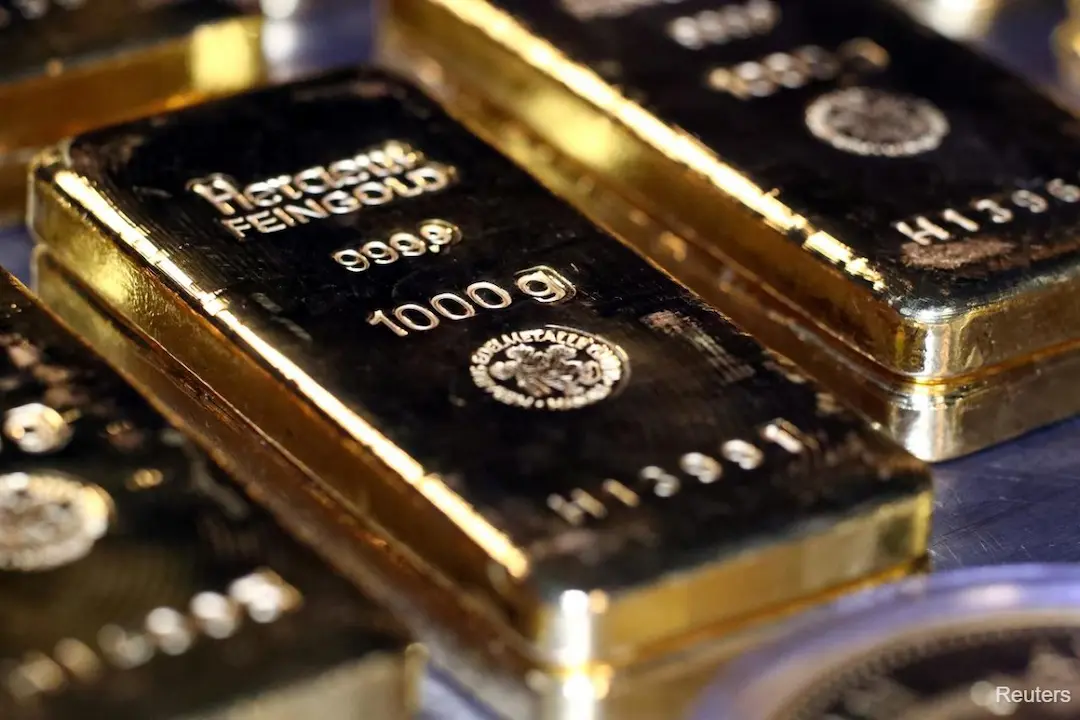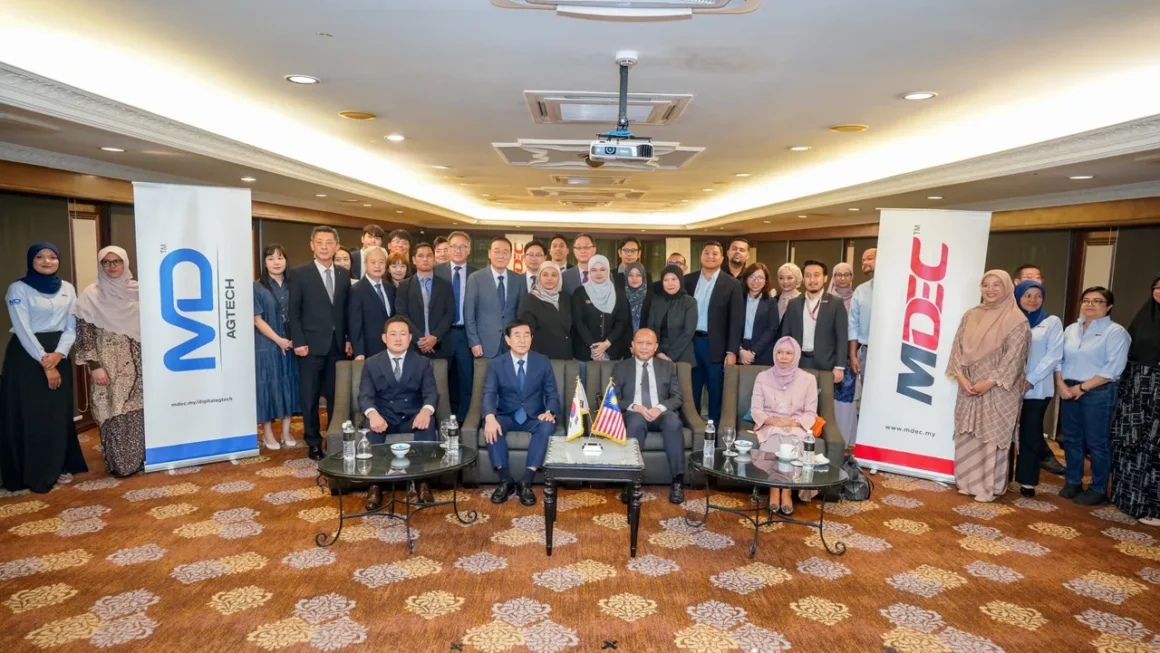Demand for Shariah-compliant gold investment products is growing rapidly across Malaysia and other Muslim-majority nations, reflecting a wider shift towards ethical and faith-based financial instruments.
In Nilai, a small town about an hour from Kuala Lumpur, a new high security gold vault has become a symbol of Malaysia’s expanding Islamic bullion market. The 20-tonne facility, jointly operated by Sweden’s Loomis AB, a global leader in cash and bullion management, and local security company E2S Group, was recently launched to meet the needs of a fast evolving Islamic gold ecosystem.
According to Jeremy Beh, Country Head of Loomis International Singapore, there is growing demand among local gold dealers for certified and secure storage facilities.
“Many bullion dealers now want proper, Shariah-compliant storage options,” he said, adding that several Malaysian banks have already rolled out halal gold investment products to meet surging investor interest.
Gold remains one of the best-performing major commodities over the past year, driven by strong central bank purchases and rising investor demand.
Prices reached record highs in April, and analysts such as Goldman Sachs Group Inc. have forecasted a potential climb to US$4,000 (RM16,903) per ounce as the US Federal Reserve is expected to cut interest rates later this year.
The global Islamic finance market was valued at US$5.5 trillion in 2024 and is projected to rise to US$7.5 trillion by 2028, according to Standard Chartered Plc. Gold aligns naturally with Islamic finance principles, as it does not generate interest (riba‘) and represents tangible, physical wealth.
However, Islamic gold investment requires strict adherence to Shariah principles — transactions must involve physical ownership of specific bullion bars and immediate transfer of title, unlike some conventional systems where balances are not tied to identifiable assets.
“Gold really ticks all the right boxes for investors guided by Islamic principles — there’s no interest, and it’s backed by a real, physical asset,” said Louis Hems, Commercial Director at the Dubai Gold and Commodities Exchange (DGCX), which offers a Shariah-compliant gold contract.
In Malaysia, interest in halal gold investment is reaching new highs. A halal gold-backed exchange-traded fund (ETF) listed on Bursa Malaysia has recorded its highest holdings to date, while Islamic Gold Spot trading volumes on the Dubai exchange nearly tripled in the first half of 2025.
According to Mokhrazinim Mokhtar, Senior Vice-President of Retail Deposit and Wealth Management at Bank Rakyat, demand for online Shariah compliant gold investment has surged since the bank launched its digital gold product in April.
“We’re seeing customers move their savings from cash to gold,” she said.
Still, a lack of awareness remains one of the main challenges. Andrew Naylor, Head of the Middle East and Public Policy at the World Gold Council, said that misconceptions persist among some investors.
“There’s a common assumption that gold isn’t Shariah-compliant unless you can physically take it home,” Naylor explained. “In reality, as long as ownership is clearly defined and compliant with Islamic law, it can be fully Shariah-compliant. More education is needed to build awareness.”
With global economic uncertainty, rising inflation, and a growing preference for ethical investments, experts believe Shariah-compliant gold will continue to attract both Muslim and non-Muslim investors seeking security, transparency, and faith-based assurance.
Source: The Edge Malaysia.




